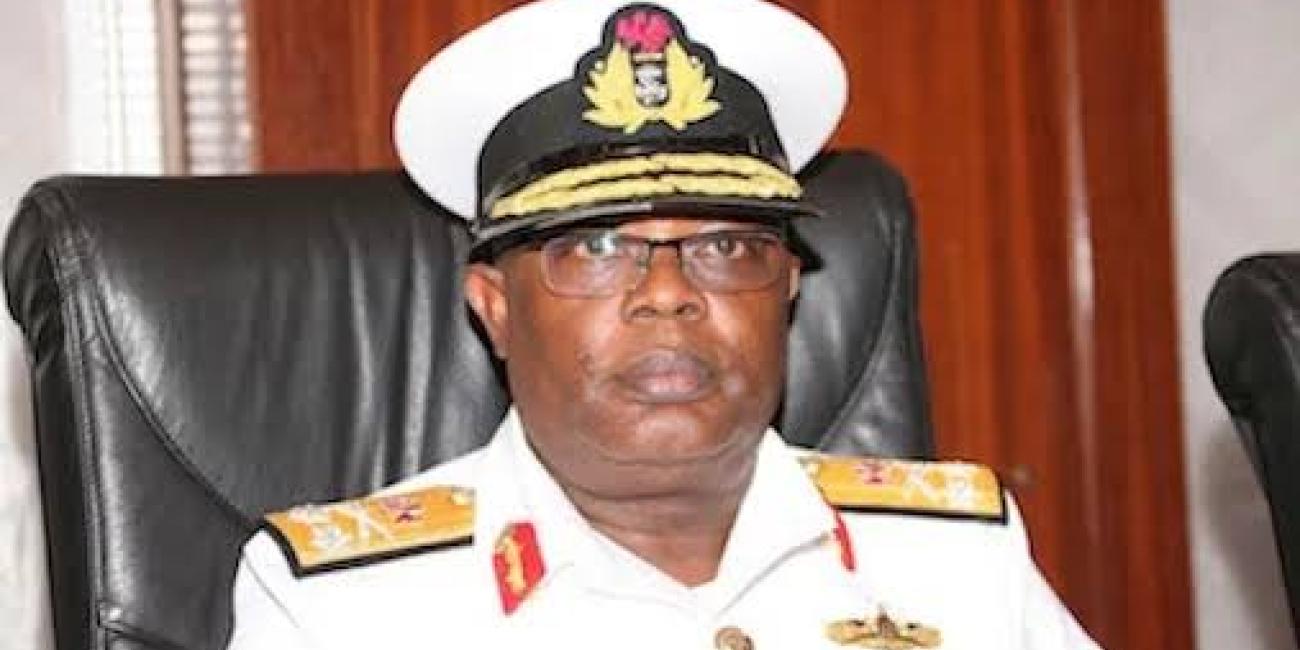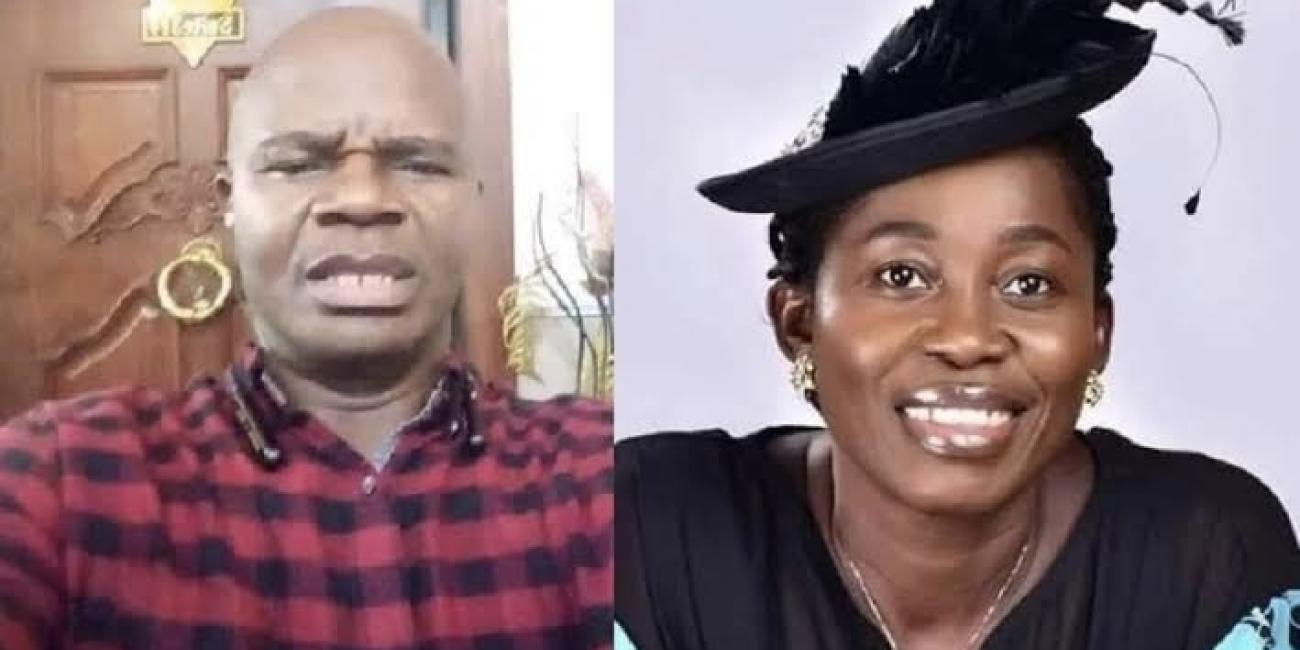In a move that promises to shake up the financial landscape of Rivers State, Governor Siminalayi Fubara has given a clear directive: the new N85,000 minimum wage is to be implemented across all Local Government Areas (LGAs) in the state. The announcement, made with confidence and fervor at the Government House in Port Harcourt over the weekend, sets the stage for a dramatic shift in the lives of thousands of workers in the region.
For the people of Rivers, this moment is nothing short of monumental. The anticipation is palpable as this move is seen as a direct effort to uplift the livelihoods of workers, address growing economic concerns, and send a strong message about the administration’s commitment to improving welfare. But the question on everyone’s mind—will this bold directive actually bring the desired change?
Governor Fubara’s orders came shortly after he inaugurated the new leadership of the Local Government Service Commission, with a clear mandate to ensure that this new wage structure is enforced swiftly and effectively. The newly appointed chairman, GoodLife Ben, will lead the team, with prominent members such as Chief Emmanuel G. Jaja, Ms. Betty Warmate, Barrister Jerome Chimenem, and others tasked with overseeing the implementation across the state’s 23 LGAs.
It was in the bustling heart of Port Harcourt that Fubara made his intentions crystal clear, speaking directly to the challenges facing workers and local governments. “This is a significant step toward improving the well-being of our people,” Fubara said, his voice ringing with purpose. “This wage increase is a recognition of the hard work and dedication of local government employees, and we will not rest until it is fully implemented.”
But there is more at play here than just a pay raise.
The newly inaugurated Local Government Service Commission has a critical role to play in this transformation. Fubara is placing great trust in this group to collaborate closely with local government chairmen to ensure the N85,000 minimum wage is not just an idea on paper but a reality for all civil servants under their purview.
The governor also inaugurated the chairman and members of the Rivers State House of Assembly (RSHA) Service Commission, with Tamunosisi Gogo-Jaja at the helm. This further adds layers of intrigue, as it signals a concerted effort to ensure cohesion between the state’s legislative and executive arms in implementing policies that will benefit the people.
For many, the N85,000 minimum wage is a welcome relief. After years of economic challenges and rising inflation, workers in Rivers State are eager to see how Fubara’s ambitious promise will unfold. But questions linger—how will the local governments handle the added financial burden? Will there be any backlash from those who believe the move could strain resources at the grassroots level? And, most importantly, will it be enough to counteract the increasing cost of living in the state?
As local government chairmen brace themselves for the reality of implementing this wage increase, it is clear that Governor Fubara’s administration is pushing for a bold new era in the state’s economic and political landscape. This decision has set the tone for the coming months and years, and whether it will ignite a wave of reform or face challenges along the way remains to be seen.
In the end, this is more than just about numbers on a paycheck—it is a defining moment for Rivers State, a test of leadership, and a gamble on the future prosperity of its people. As the wheels of governance turn, the stakes are high. The people of Rivers State are watching, waiting, and hoping that the bold promises made today will indeed become the foundation of a better tomorrow.





